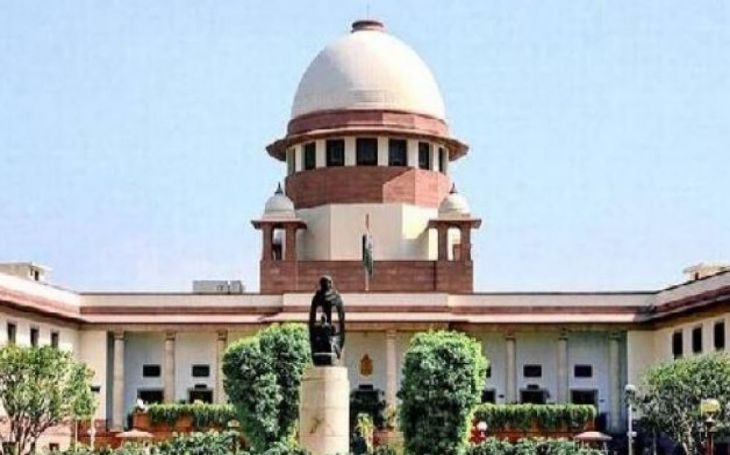Nearly 25 years after it first voiced “negotiated settlement” as the best way for amicable resolution of the vexed Ayodhya land dispute, the Supreme Court on Tuesday decided to explore this possibility and said it would pass orders on “court-appointed mediation process” on March 6, though Hindu parties opposed the move and Muslim parties supported it.
A Constitution bench of CJI Ranjan Gogoi and Justices S A Bobde, D Y Chandrachud, Ashok Bhushan and S Abdul Nazeer decided to invoke the court’s inherent powers under Section 89 of Civil Procedure Code to formulate terms of settlement and seek observation of parties before referring it to mediation.
Nearly 25 years after it first voiced “negotiated settlement” as the best way for amicable resolution of the vexed Ayodhya land dispute, the Supreme Court on Tuesday decided to explore this possibility and said it would pass orders on “court-appointed mediation process” on March 6, though Hindu parties opposed the move and Muslim parties supported it.
A Constitution bench of CJI Ranjan Gogoi and Justices S A Bobde, D Y Chandrachud, Ashok Bhushan and S Abdul Nazeer decided to invoke the court’s inherent powers under Section 89 of Civil Procedure Code to formulate terms of settlement and seek observation of parties before referring it to mediation.










417.jpeg)
10.jpeg)
40.jpeg)
100.jpeg)
416.jpeg)
5.jpeg)
4.jpeg)
6.jpeg)
5.jpeg)





